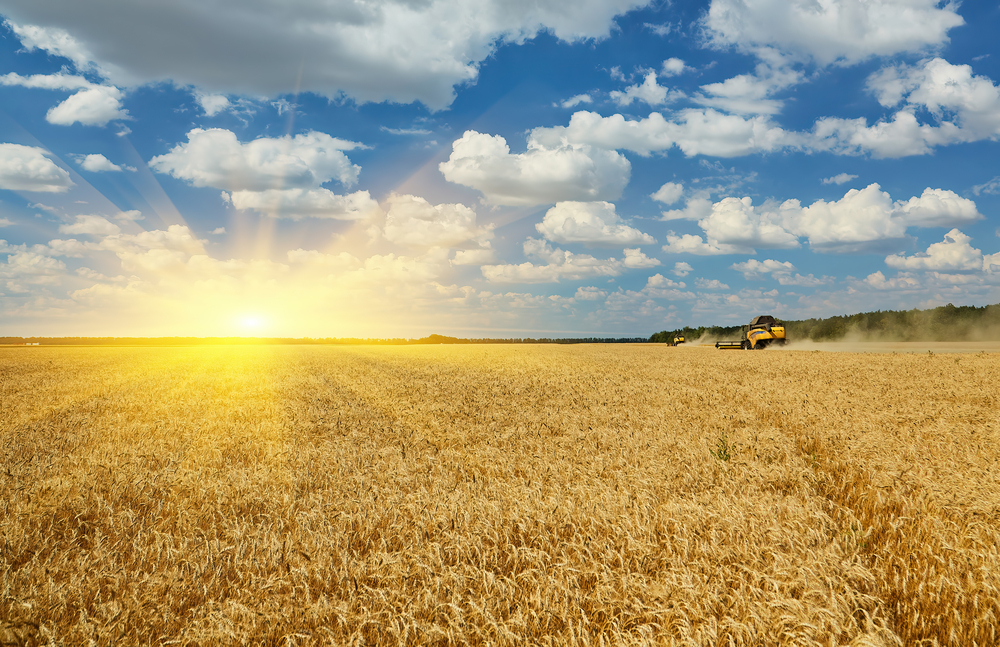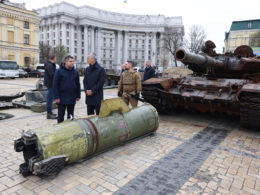Negotiators from the European Council and Parliament have provisionally agreed to extend the freeze on import duties and quotas on Ukrainian exports to the EU until June 2025, replacing the existing deal expiring on 5 June 2024. The new agreement, announced by the Belgian EU presidency, includes additional restrictions.
EU Ambassadors agreed on a new compromise to extend trade measures (ATM) for Ukraine, securing a balanced approach between support for Ukraine and protection of EU agricultural markets.
This compromise will now be presented to the @Europarl_EN in view of a swift agreement.
— Belgian Presidency of the Council of the EU 2024 (@EU2024BE) March 27, 2024
As reported by Radio Svoboda, the negotiators agreed on the decision under the condition that quotas and duties will be implemented based on the volumes of Ukrainian product imports not only in 2022 and 2023 but also in the second half of 2021. This compromise was reached with countries such as France and Poland, which demanded the inclusion of the entire year 2021 in the calculations when Ukrainian import volumes were significantly lower.
The extension of the special regime will include additional safeguards on products considered "sensitive," such as poultry, eggs, sugar, oats, maize, groats, and honey. These products will be subject to tariffs if their flows exceed the average volumes of the past three years.
The deal will also facilitate the application of "remedial measures" by member states in case of market turmoil, a vague term that opens the door for national bans. It is estimated that these adjustments will result in Kyiv losing approximately €330 million per year.
The compromise aims to balance support for Ukraine with the protection of EU agricultural markets. The European Parliament must reapprove the decision, as it differs from the previously agreed version, with the last plenary session before the elections taking place in April.
If ultimately approved, this extension of free trade will be the final one. During a summit in Brussels last week, EU leaders tasked the Commission with "preparing a solution in the framework of the EU-Ukraine Association Agreement," which has been in force since 2017.
In June 2022, the EU removed all remaining tariffs and quotas on Ukrainian imports to facilitate transit via land routes and ensure consistent revenue. However, this special regime led to a surge in Ukrainian cereals across neighboring countries, triggering protests from local farmers.
A week ago, the European Parliament voted on a previously agreed compromise regarding the extension of the duty-free trade agreement with Ukraine. However, due to opposition from a group of countries led by Poland and France, it was rejected. To develop a new compromise, EU ambassadors convened three times.
Read more:
- Politico: EU ambassadors stumble on Ukraine trade deal extension
- EU provisionally extend duty-free exports of Ukrainian agricultural products
- Passenger buses barred at Ukraine border by Polish farmer blockade
- Polish farmers stage massive protest in Warsaw over EU Green Deal, Ukrainian imports





